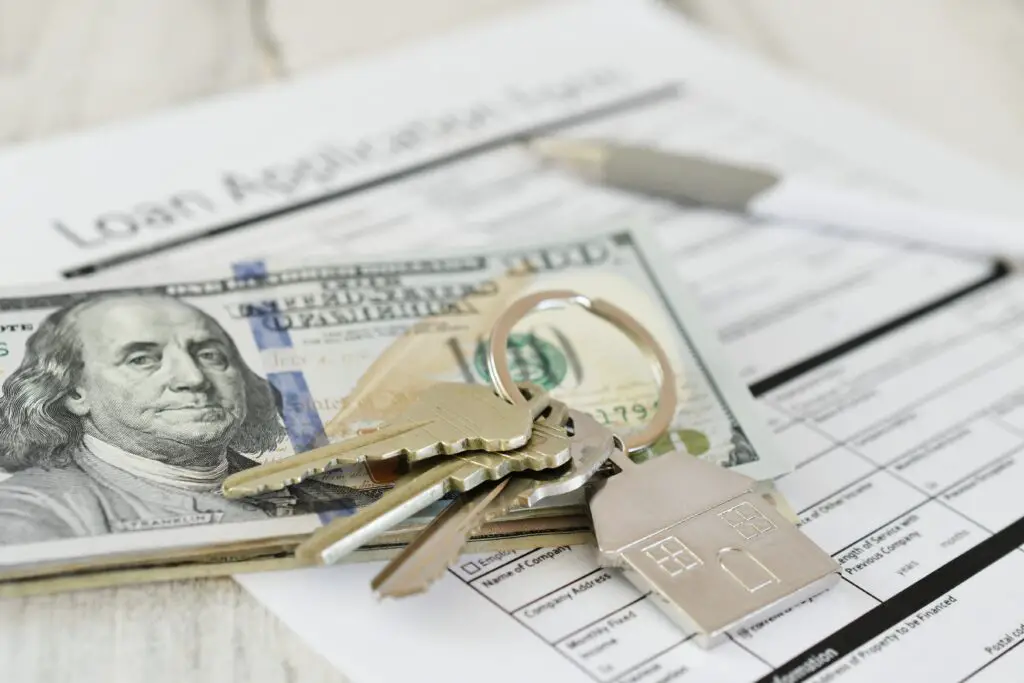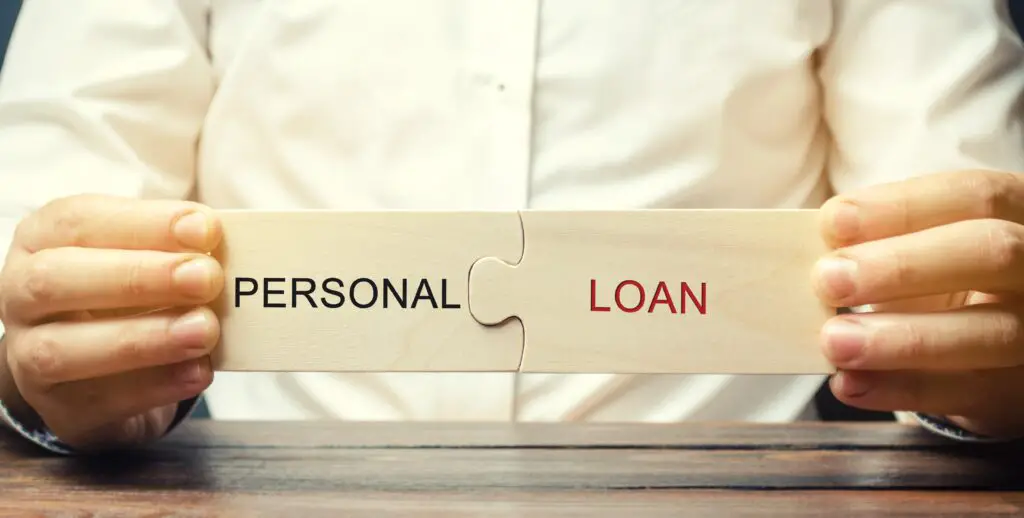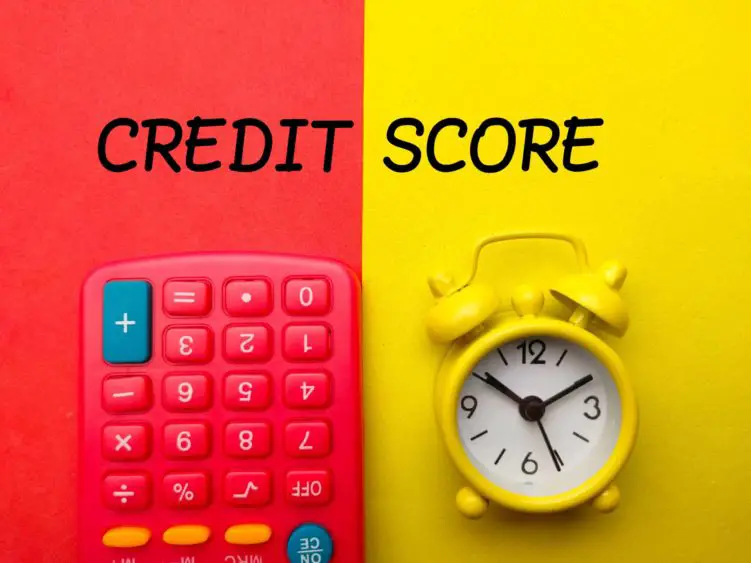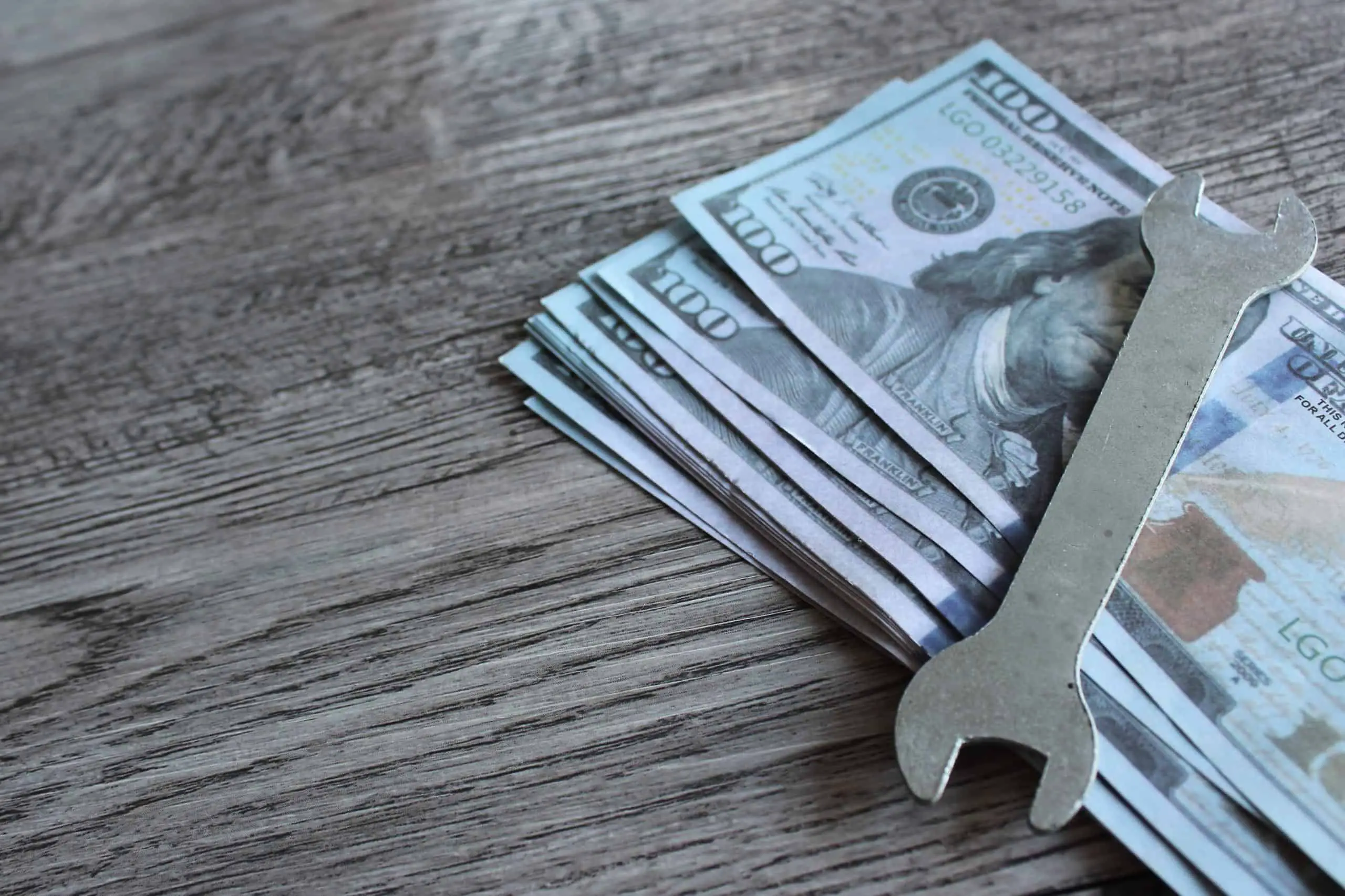How Much Does A Loan Affect Your Credit Score?
It’s always stressful applying for a new loan as you never know if your score will be good enough to get approved. However, it’s even worse if the loan application hurts your score even more and prevents you from getting convenient interest rates in the future.
Having the impact on your credit scores in mind, the big question is – how much does a loan affect your credit score? A new personal loan can affect your credit scores in good or bad ways. It will improve your credit scores if it lowers your credit utilization or diversifies your credit mix. Or it will lower your credit scores if you miss a payment or it leaves a hard pull.
This guide should cover all of your crucial questions about the impact of a new personal loan on your credit score.
Does A New Loan Application Lower Your Credit?
The most common issue of consumers is how a new application for a personal loan affects their existing credit scores. Let’s face it, some of us work for years to boost those credit scores and you wouldn’t want a new loan application to mess with that.

Well, the first thing you’ll want to avoid is applying for numerous personal loans in a short period. This indicates you are in a hurry to secure a loan and it’s not always the best look in the eyes of creditors.
However, the main thing that can truly hurt your credit scores is having a hard credit check on your credit reports.
A hard pull occurs when a creditor pulls your credit history for a full scan and it usually occurs after applying for a new personal loan. It could stay on your report for 2 years and it also lowers your credit score.
While the impact of a hard credit pull listed on your report won’t be so bad for your rating as a missed payment, it’s still something you should avoid when possible.
There are many personal loan creditors that will only do a soft credit check, which doesn’t reflect on your reports. Also, you could find a creditor that does a loan preapproval.
Through the preapproval process, not only will you likely find out whether you are qualified for the personal loan upfront, but you’ll also avoid a hard inquiry. So, it’s certainly something worth considering if you wish to reduce the impact of a new loan on your score as much as possible.
Benefits Of A New Loan For Your Credit Score
Now that you know that applying for a new loan can even help you boost your credit score, it’s time to consider the positive aspects.
Here are some of the main benefits you can score with a new personal loan application if you manage the repayment plan properly:
- It diversifies your credit mix
- Might help deal with existing debt
- Boosts your payment history with each repayment
- If used properly, it can even help you lower credit utilization
According to the credit scoring models that the three major credit bureaus use like FICO and VantageScore, a new personal loan application doesn’t hurt your score by itself.
Of course, it counts as an additional debt in your credit record, but applying for a loan isn’t something that will drown your score, at least if you don’t apply for too many loans at once.
It’s how you use the loan that counts most, so you can even use the loan to maintain a positive payment history and increase your creditworthiness.
It’s also always a good thing to add a personal loan to your credit mix if you truly need it. If you didn’t have any previous personal loan records, it demonstrates to lenders how you can manage different types of loans and always pay on time.
Your credit mix diversification adds up to the total FICO rating of about 10%, which is not something you should overlook.
You can also use the loan to consolidate existing debt. This way, you can save your credit score from a big drop if you can manage the personal loan afterward.
New Loans And Credit Utilization Ratio
Making wise financial moves like using your new personal loan to lower your general credit utilization can boost your score significantly.
Even though it’s reported as new debt on your report, it’s not the same as revolving credit. Credit utilization adds up on your credit report for a total of 30%, and it’s the amount of revolving credit you are currently using.
However, revolving debt is associated with credit cards or home equity loans, so a personal loan can actually help.
You can use some cash from the personal loan to lower the utilization of your credit card and therefore get your credit score boosted.
Keeping your credit card balances low can save your utilization, and you might even be able to ask for a credit limit increase because of it.
Negative Impact Of Personal Loans On Your Score
Sure, not everything is so Rosey with new loan applications. If you don’t manage your debt and don’t think your strategy through first, adding a new loan to your mix can even lower your scores.

Here’s a list of the main reasons why taking a new loan could turn out to be a bad move for your credit scores:
- Applying for too many loans in a short period is a bad sign to lenders
- Hard inquiries lower your score and stay on your report for 2 years
- Adding more high-interest debt can result in missed payments
Also, it’s an additional debt showing up on your report, and more debt can temporarily lower your credit score.
However, the worst thing you can do is miss a repayment due date, as it can stick on your report for 7 years.
It lowers your score and also puts a mark on your payment history, which adds up to your credit score of 35%.
You also shouldn’t apply with multiple lenders in a short period and that’s why looking for a loan preapproval option can be good for you. Hard credit inquiries can be avoided this way as well as by doing some research on the creditor before applying for the loan.
Things To Look Out For When It Comes To Personal Loans
So, now you know how personal loans affect your credit score, and you are aware it can be a good thing for your rating if managed appropriately. However, there are many consumers that just look the other way when someone mentions personal loans.
It’s mainly due to the high-interest rates that often come with these loans. There’s a chance to get bad credit personal loans that won’t lower your credit score additionally.
You also stand a better chance of getting this type of loan approved as a high-risk consumer than some other types of loans.
Still, that could lead to immense interest rates that can only do you harm. You should also only take personal loans as a last resort in an attempt to deal with existing debt or to boost your score with the right approach.
Finally, there’s also the debt-to-income ratio that future creditors might observe. It’s the relationship between what you earn and what you owe, and adding a new loan into the mix can cause any new creditors to turn you down.
Final Thoughts
Well, there you have it – we’ve dealt with personal loan payments regarding how they might affect your payment history and credit score itself. It’s crucial that you know how to manage them, as this enables you to use them to get into a good credit score range.
If you are just looking to borrow money for wants, it’s not the best approach, and you might end up hurting your score. But, if you use it for needs and existing debt consolidation, you might see the personal loan affect your scores for the better.
Frequently Asked Questions (FAQ):
Do personal loans go on your credit score?
Yes, personal loans affect your credit score and they can even help you out if you use them to consolidate existing debt and lower your credit utilization ratio or they can lower your score if you fail to repay on time or if they leave a hard credit pull behind on your credit report.
Does applying for a new loan lower your credit?
Applying for a new loan might lower your credit score in case it drastically affects your debt-to-income ratio or if you apply for too many loans in a short period. However, it can also serve you well in building your score, so it all depends on how you use it.
What is the disadvantage of a personal loan?
Getting a personal loan affects your debt-to-income ratio and it might prevent you from getting a new loan shortly after closing on it. Of course, you want to make sure not to have any missed payments as they can stay on your credit report for 7 years, so everything should be fine if you are careful with the loan terms and interest rates.
How long does a personal loan stay on your credit report?
A personal loan stays on your credit history just like credit card debt or a car loan. That being said, missed personal loan payments also reflect on your credit report the same way - you’ll have a missed payment listing on the report for 7 years, and your credit score will drop since it affects your payment history.



